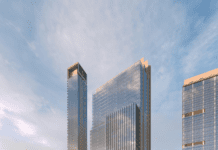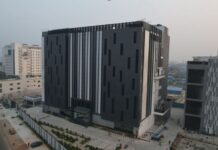Horizon Industrial Park Farukhnagar I, a significant logistics hub in Haryana, spans an impressive 108 acres and houses 12 state-of-the-art warehouses, totalling 2.8 million sq ft. Development of the park commenced in January 2018, with a design tailored to meet the demands of logistics giants such as Amazon, Yazaki, Reliance Retail, and Rhenus Logistics. The warehouses are optimised for large-scale operations, featuring expansive storage units and an increased number of docking facilities to efficiently manage high-volume activities.
Beyond offering industrial spaces, Horizon Industrial Parks focuses on providing flexible, compliant solutions that support clients’ operational needs. Their collaborative approach is aimed at enabling businesses to scale efficiently, with quick startup times. The company also integrates sustainable practices to minimise environmental impact while helping clients achieve their carbon reduction goals.
What sets Horizon Industrial Parks apart is their commitment to creating a human-centric environment, as demonstrated in the Farukhnagar Park. The inclusion of urban forests, ponds, open gyms, and multi-purpose sports areas where possible highlights their prioritisation of employee well-being and safety, establishing a new industry standard.
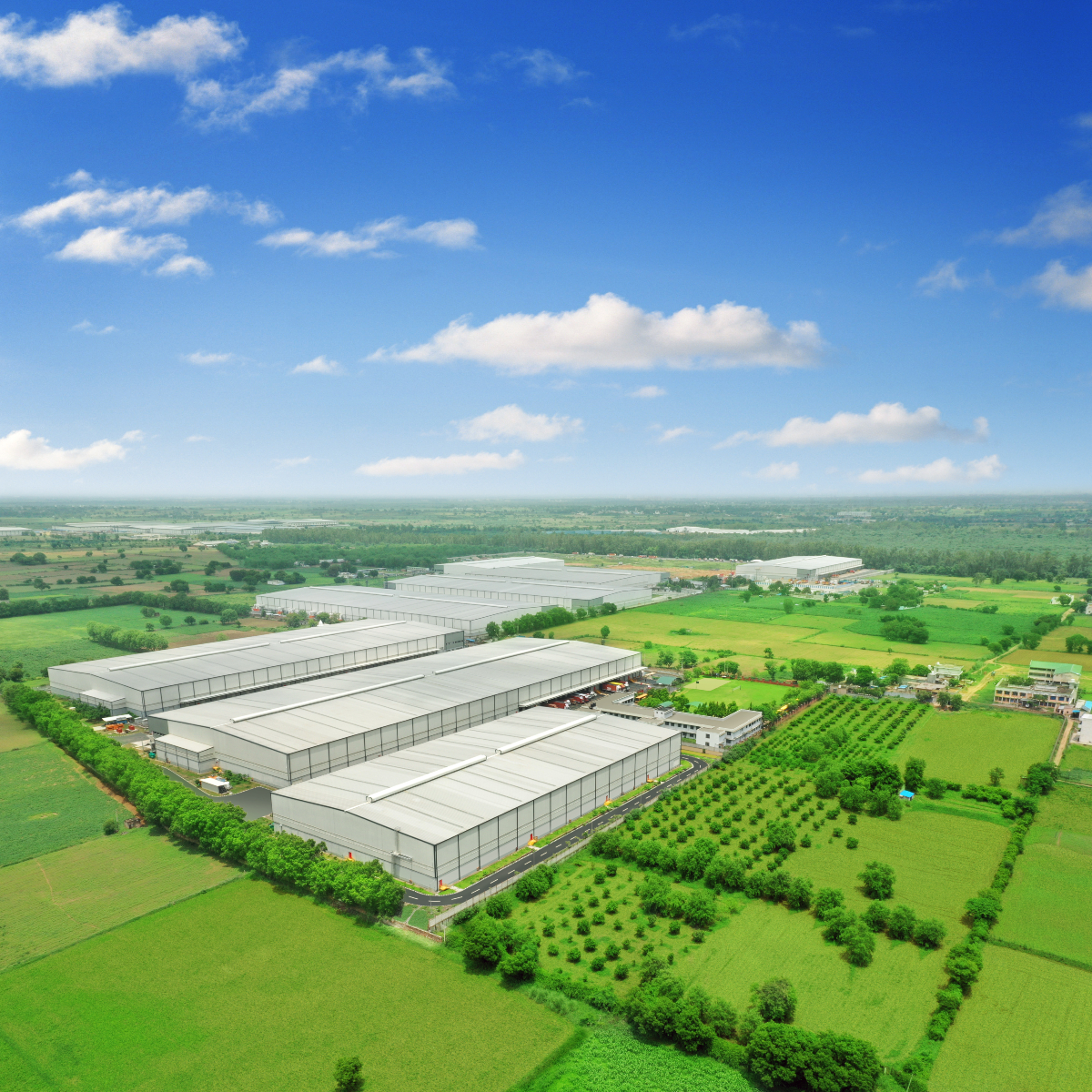
Green Strategies
The warehouses are engineered to support heavy-duty operations. Each warehouse can handle a minimum load capacity of 5 tonne for uniformly distributed loads and up to 9 tonne for point loads. To accommodate high-racking systems, the design supports point loads ranging from 7 to 10 tonne, ensuring the facility can handle significant weight demands.
To facilitate high-racking systems, the warehouses feature a clear height of 12.5 m, allowing for racking heights of up to 12 m. This design maximises vertical space, enhancing overall storage efficiency.
Grid spacing within the warehouses is carefully designed at 16 m by 25 m. This configuration optimises the use of available floor space by accommodating the maximum amount of racking while minimising unused areas. The design process involved detailed analysis to ensure that the warehouses could effectively support high-racking systems and handle substantial loads, making the facility highly functional and efficient.
Given the park’s emphasis on green coverage, selecting suitable plants was crucial. The harsh climate, characterised by temperatures ranging from 10°C to 45°C and seasonal waterlogging, presented additional challenges. A team of engineers and horticulturists collaborated to carefully choose plants that were not only visually appealing but also resistant to saline, alkaline, and acidic conditions.
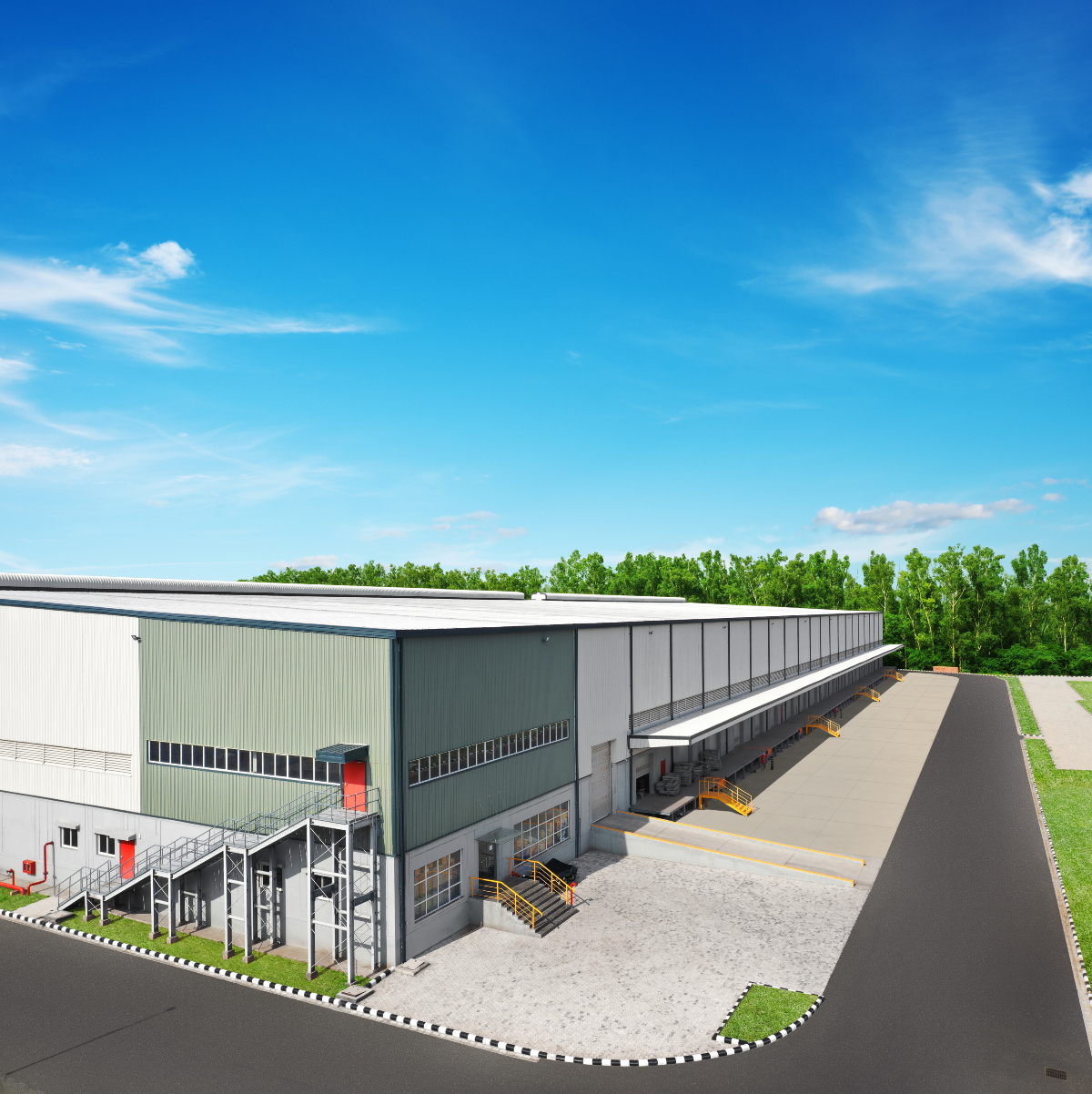
Durable Design
The Farukhnagar Park prioritised sustainable and durable construction materials. Pre-engineered buildings (PEB) and premium steel were chosen for their longevity and ability to reduce on-site waste. Additionally, waste byproducts like fly ash were incorporated into the construction process.
To further promote sustainability, the park encouraged its suppliers and vendors to adopt ethical practices and use sustainable, locally sourced materials. This approach helped to reduce the overall transportation footprint and foster a more environmentally conscious industrial ecosystem.
While pre-engineered buildings and premium steel materials require a higher initial investment, they offer superior durability and longevity, reducing maintenance and replacement costs over time. PEB structures also reduce construction time and on-site waste, leading to further cost efficiencies.
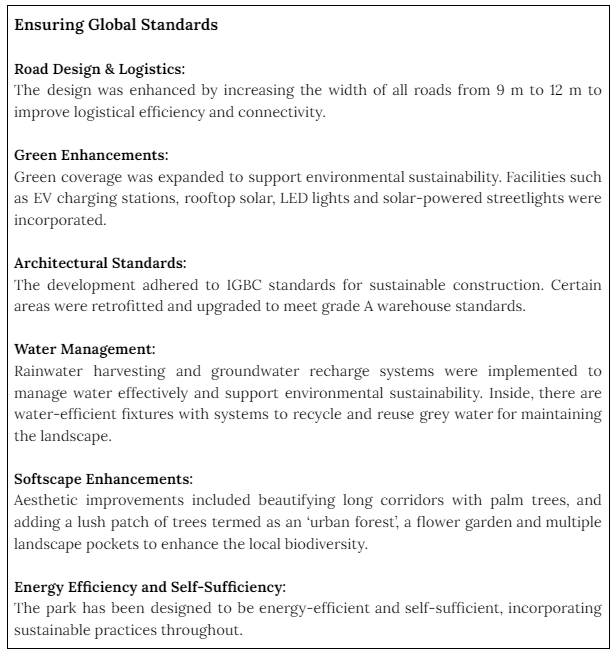
Building with Care
The industrial park prioritised safety and reliability throughout its development. A dedicated Safety and Quality department was established to oversee all aspects of safety and quality control, ensuring strict adherence to safety standards. This department conducted regular inspections and provided daily monitoring to proactively address any potential safety issues.
Post-construction, additional safety measures were implemented to maintain a safe and functional environment. Traffic movement was carefully planned and regulated, with clear signage guiding trucks, cars, and pedestrians. Pedestrian pathways were well-defined, ensuring the safety of all users.
For maintenance, special provisions were made to facilitate safe access for roof cleaning and solar panel upkeep. Lifeguards and strategically placed ladders ensured the safety of maintenance personnel. Electrical lines were meticulously planned and separated to minimise the risk of electrical hazards, demonstrating the park’s commitment to safety.
A comprehensive fire protection system was installed, including five sprinkler systems and a heightened fire alarm system. This system was designed to effectively address potential fire risks and ensure the safety of the infrastructure.
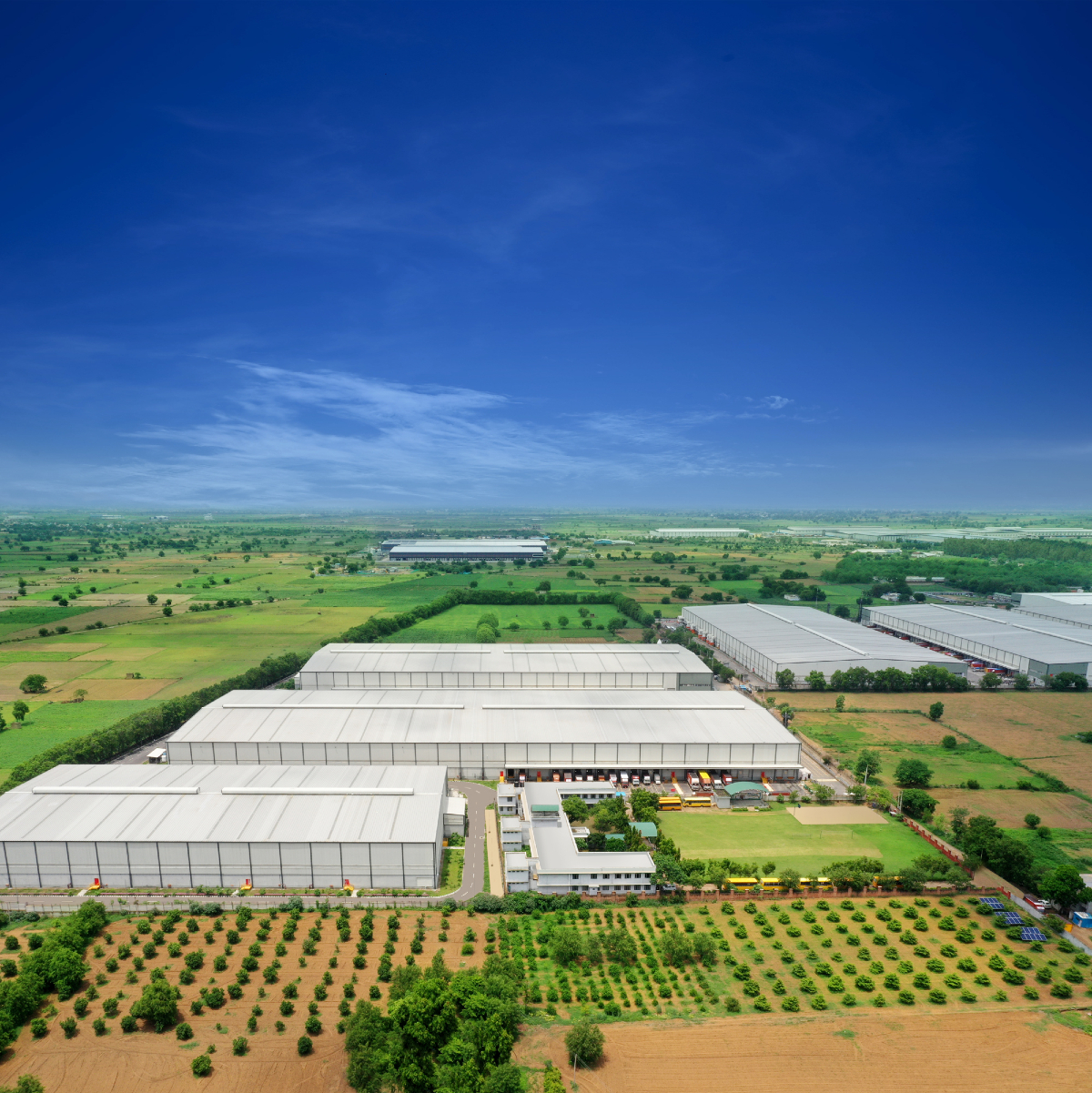
A Sustainable Model
By prioritising energy efficiency, water conservation, and sustainable materials, the park has significantly reduced its environmental impact and created a more efficient and responsible workspace.
Rainwater harvesting, greywater recycling, and low-flow fixtures have minimised water usage. The park has also implemented efficient water management systems to reduce water wastage and ensure sustainable water resource management.
Passive design features, eco-friendly materials, and efficient HVAC systems have further reduced the park’s environmental footprint. The design incorporates natural lighting, ventilation, and insulation to minimise the need for artificial heating and cooling.
Recycling programs and waste reduction initiatives have promoted sustainability and reduced disposal costs. Comprehensive waste management systems have been implemented, including plastic waste conversion projects.
The park incorporates landscaped areas, urban forests, and other green features to promote biodiversity and enhance the working environment. These green spaces also contribute to the park’s microclimate, providing shade, reducing heat island effects, and improving air quality.
By embracing sustainability, Horizon Industrial Park Farukhnagar I has not only demonstrated its commitment to environmental responsibility but has also created a more attractive and sustainable workspace for its tenants and the community.
Fact file
Client: Horizon Industrial Parks
Architects: VA and TCE; DCS
Consultants: Egis India Consulting Engineers
PEB Contractors: Kirby Building Systems & Zamil Steel
Steel Tonnage: 12,600 MT
Status: Completed
Quote
“At Horizon, it is paramount for us to deliver world class infrastructure. Warehouses at our parks are therefore value-engineered using the best construction materials such as highest quality structural steel and providing reliable technical expertise to our customers. This park is a testament to our commitment to quality and sustainability.”
– Mahendra Waghule, Head of Projects and Development, Horizon Industrial Parks
“Horizon Industrial Park is one of our strategic customers for whom we have executed their Grade A Warehouse buildings in Telangana and Haryana. These grade-A warehouses with custom-built solutions to meet the specific needs of each customer are game changers in India’s logistics and warehousing sector. All these warehouse buildings delivered by Kirby India are setting new standards in customisation, and innovation besides integrating sustainable practices and materials thereby providing operational efficiency and long-term benefits. We, at Kirby India continue to execute grade-A warehouses for different clientele which are experiencing rapid evolution as they are in high demand because of their international standards of quality, safety, efficiency, increased floor load capacity, higher storage space, etc. The Indian government’s push for infrastructure development is another key factor propelling the grade-A warehousing boom across India.”
– PV MOHAN, CEO, Kirby Building Systems & Structures India Pvt Ltd



